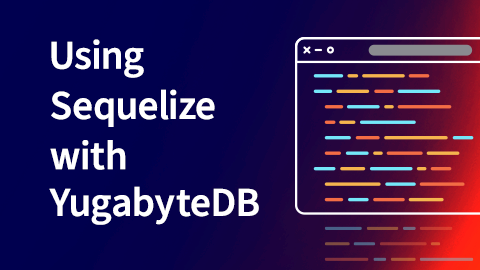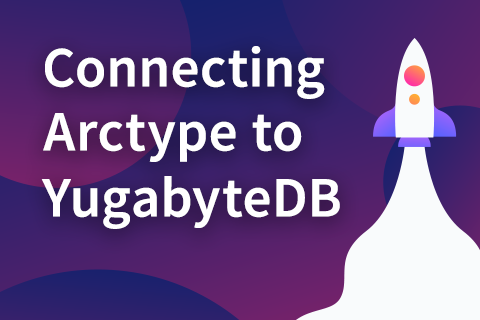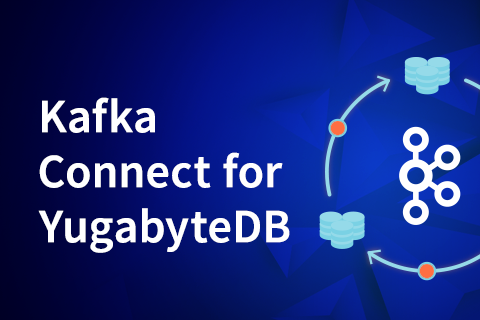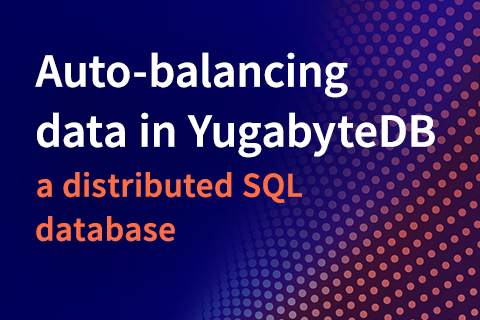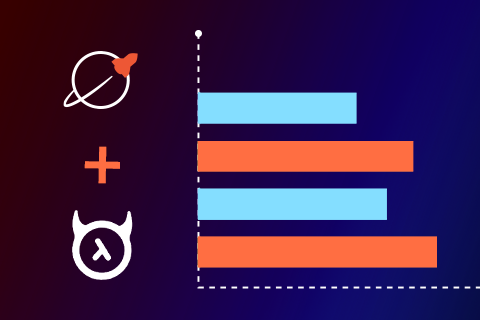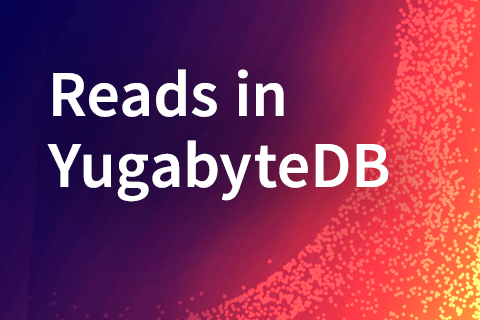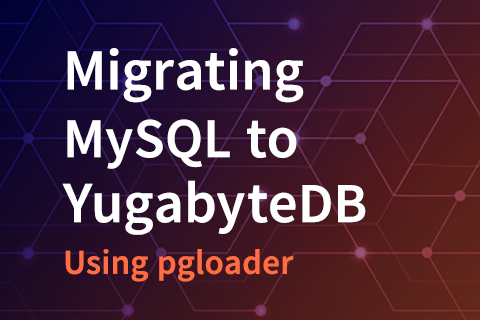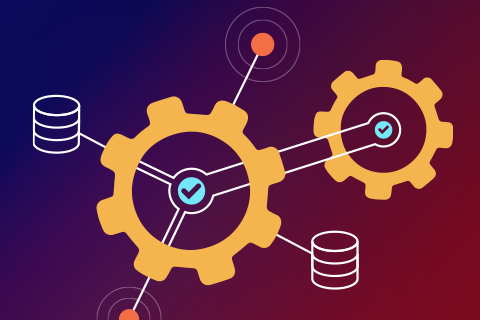Using Sequelize with YugabyteDB
Sequelize is a promise-based Node.js ORM tool that allows us to interact with databases using javascript instead of SQL. In simple terms, Object Relational Mapping is a process for accessing a relational database using object-oriented languages like javascript. For more information on the features in Sequelize, you can check out their documentation site.
Sequelize Node.js package already has support for databases like Postgres, MySQL, MariaDB, SQLite, and Microsoft SQL Server.
…
